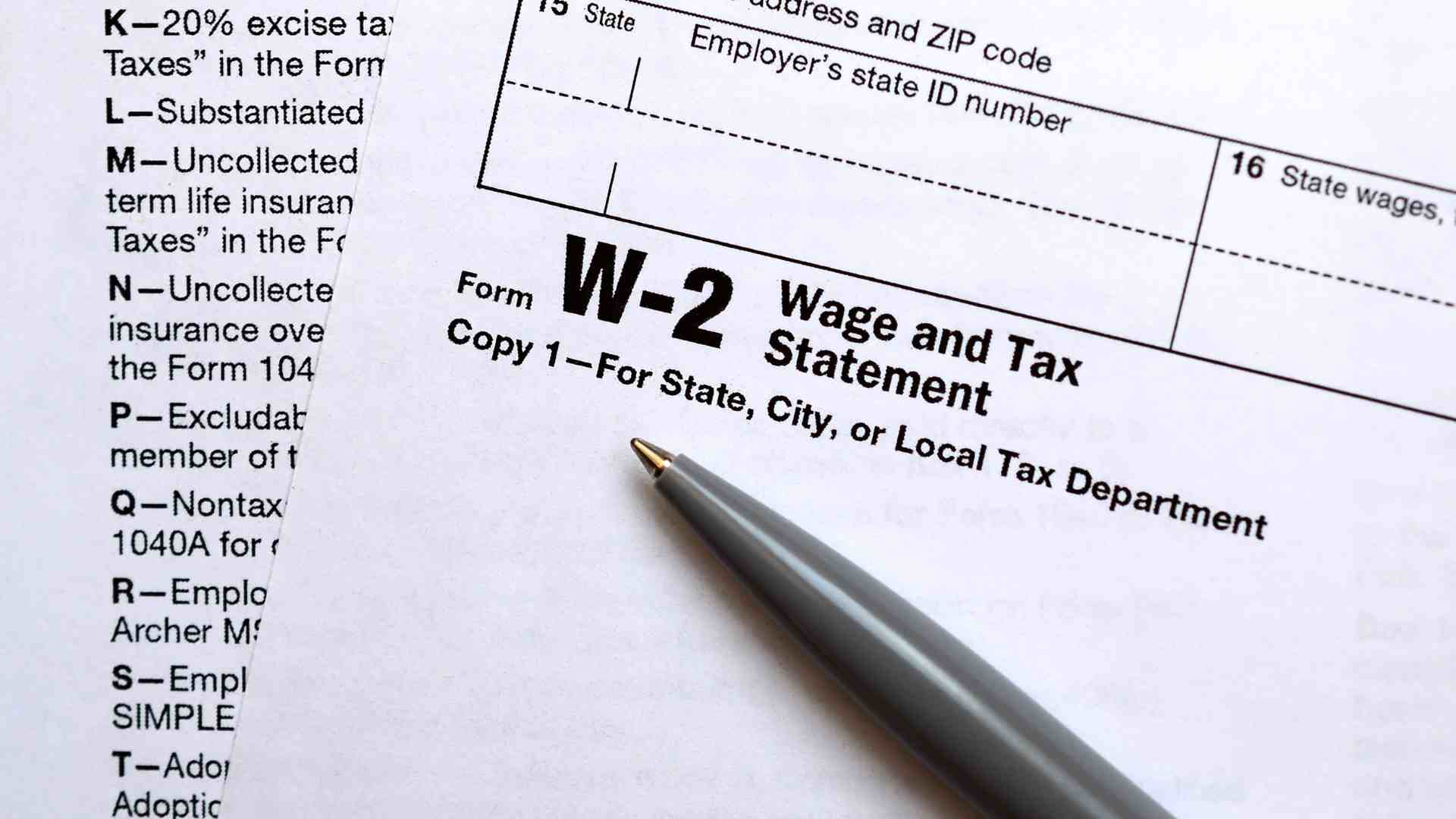Follow us on LinkedIn
Our PageIntroduction: Understanding vehicle allowances
Plenty of companies have employees who drive regularly for work — for meetings with clients, site visits, and much more. It’s common for employees to use their personal cars for work purposes, and it’s best practice for employers to compensate them for business expenses of their personal vehicle. Often, this is done through something called a vehicle allowance (also known as a car allowance).
Vehicle allowances are typically a fixed payment given regularly to cover work-related travel expenses when employees use a personal car. Unfortunately, vehicle allowances are generally considered taxable income by the IRS.
However, there are alternative strategies for compensating employees for use of their personal cars beyond just vehicle allowances. There are even tax-free options for reimbursement — these require recording relevant details to justify business expenses and following other eligibility requirements, according to IRS guidelines for each program.
Read on to discover more about vehicle allowances and their tax implications.
What is a vehicle allowance?
Let’s start off by understanding exactly what a vehicle allowance is. A vehicle allowance is a flat rate amount given to an employee driver to supply and drive their own car for work. With vehicle allowances, the employee is responsible for all expenses related to their personal car, including maintenance costs, upgrades, gas, and more.
Vehicle allowances are usually taxed, but this tax burden can be reduced by following detailed recordkeeping and other guidelines according to IRS rules. When this is done, the vehicle allowance is typically considered to be provided through an accountable allowance program.
It’s important to note that vehicle allowances and vehicle reimbursements — while sometimes referred to interchangeably — can actually be different programs. Allowances are generally a fixed fee provided upfront, while in comparison vehicle reimbursements are related to the actual expenses spent on business use of a personal car. Similar to accountable allowances, vehicle reimbursements also can be tax-free when detailed trip logs are tracked and IRS guidelines are complied with.
Guidelines for vehicle allowances
In a typical taxed vehicle allowance program, there isn’t much recordkeeping required. But, since these vehicle allowances are considered to be income tax, it’s worthwhile to look into other options for reimbursing drivers for business use of their personal cars to reduce potential tax waste. This could include an accountable tax-free car allowance program, a fixed and variable rate (FAVR) reimbursement program and a Cents per Mile (CPM) reimbursement program.
How do you make your vehicle allowance program accountable?
To make your vehicle allowance program accountable — frequently also referred to as a tax-free car allowance (TFCA) — you’ll be required to track business mileage in a way that verifies that the vehicle allowance has been used only for business purposes. Compared to a standard taxed vehicle allowance, in an accountable allowance program it’s mandatory to keep track of IRS-required information like start location and end locations of each trip, dates and times of trips, and more. When drivers meet the guidelines for an accountable allowance program, it allows for the possibility of tax savings.
Similarly, in other reimbursement programs like a FAVR program or a CPM program, details on business trips and business use of a personal vehicle needs to be tracked and recorded according to IRS guidelines to justify business expenses.
Eligibility criteria
Whichever program you decide to choose for your company, note that there are different eligibility criteria to keep in mind. For example, for FAVR programs, the criteria include having a minimum of 5 drivers on the program that each drive a minimum of 5000 miles per year. There also needs to be a retention period for depreciation, and driver vehicle age can’t exceed the retention cycle. It’s also required that insurance is checked to verify that the coverage that a driver has is in fact the one you’re reimbursing for.
In a CPM program or an accountable allowance program, the FAVR requirements above don’t apply. Instead, business mileage simply needs to be tracked and business expenses need to be accounted for. Once the amount spent on business travel is determined, if there’s a difference between the value of the allowance and the mileage they drove multiplied by the IRS standard rate, then tax is applied to the difference.
Be sure to check all of the eligibility requirements for each program, to understand the options available to your company.
The IRS standard rate
A key part of these expenses is understanding the maximum allowable amount for a vehicle allowance. This is impacted by the maximum allowable amount. The maximum allowable amount varies depending on the program used, but one example is the IRS standard rate, which is calculated in cents per mile.
The IRS allows for vehicle allowances to be tax-free, but with a significant caveat that to be tax-free, the vehicle allowances must follow IRS guidelines. These guidelines include things like providing substantial records that prove driving expenses, tracking mileage, and other relevant details to prove to the IRS that each trip taken is for business use.
Reporting and recordkeeping
Reporting and recordkeeping are both key aspects of a successful allowance or reimbursement program. Employees have responsibilities for reporting vehicle allowance income on their tax returns. If their company is using an accountable allowance program, this also includes keeping a mileage log which tracks key information for all business trips including the starting and ending locations of the trip, notes, and details. It’s also important to keep all relevant receipts and other documents associated with the trip, and all other information that the IRS has deemed necessary.
Instead of manually tracking business trips with a mileage log — which can be a time-consuming process — keeping IRS-compliant records can also be more easily done with a mileage tracking app. Mileage tracking apps can automate the process of collecting all of the information that you need.
In turn, employers also have their own set of responsibilities regarding accurate records and documentation. It’s important for employers to be able to easily generate IRS-compliant records when needed. A mileage tracking app and software is a great starting point, helping to promote accurate reporting and minimizing the amount of administrative work.
Business use vs. Personal use
It’s important to clearly understand the distinction between business and personal use of a vehicle. For example, commuting to work is not considered a business trip expense per IRS guidelines. It’s typical to use business use percentages (BUP) to figure out how much of an employee’s business ues of their personal vehicle should be reimbursed. As an example, if an employee uses their vehicle for work purposes 5 days per week, the business use percentage could be 71.4% (5÷7).
When using a personal car for business purposes, it’s critical to follow IRS guidelines for business use of a car. As always, it’s essential to keep accurate records of all of your business activities with your vehicle, so you can support any business use claims that you have. Beyond keeping paper receipts and manually tracking business mileage, consider options for vehicle reimbursement software that will automatically track the information that you need.
What are alternatives to vehicle allowances?
There are plenty of other options for compensating employees for using their personal vehicles besides a standard vehicle allowance. Another option is providing employees with a company car which eliminates the need for personal vehicle use for work, or reimbursing business mileage.
Company cars
While company car programs can be considered a prestigious benefit, they could also be a worse option than a vehicle allowance. Company cars can often be more expensive for businesses since they require the financial investment or purchasing or leasing vehicles, and also require substantial maintenance.
It can also be more difficult for businesses to scale, requiring either the purchase or lease of a new vehicle for each new hire. On the other hand, if employees leave, company cars could sit unused.
Read more: Fleet Vehicles: What Do They Really Cost?
Mileage reimbursements
Mileage reimbursements, such as through a fixed and variable rate (FAVR) program, are sometimes synonymous with “tax-free vehicle allowances.” Business mileage can be considered tax-free when it’s tracked and upheld according to IRS guidelines through a vehicle reimbursement program. This is a huge benefit, offering significant tax savings to both employees and employers.
Since they avoid the substantial tax waste that goes with unsubstantiated vehicle allowances, mileage reimbursements are typically a better option for eligible companies.
In conclusion
Vehicle allowances are monthly payments made by a company to employees, to compensate them for business use of their personal cars. Vehicle allowances are just one of the options for businesses, and it’s worthwhile to understand how each one works and the tax implications for each program. A vital part of this is thoroughly understanding IRS guidelines, as each option to ensure that everything is IRS-compliant and to maximize potential tax savings.
Each situation and each company is unique — it’s beneficial to not only do thorough research and ensure you accurately understand vehicle allowances and other reimbursement programs, but it’s also best practice to seek professional advice and recommendations from experts.
Disclaimer: Nothing in this blog post is legal, accounting, or insurance advice. Consult your lawyer, accountant, or insurance agent, and do not rely on the information contained herein for any business or personal financial or legal decision-making. While we strive to be as reliable as possible, we are neither lawyers nor accountants or agents. For several citations of IRS publications on which we base our blog content ideas, please always consult this article: https://www.cardata.co/blog/irs-rules-for-mileage-reimbursements. For Cardata’s terms of service, go here: https://www.cardata.co/terms.
Share on:



